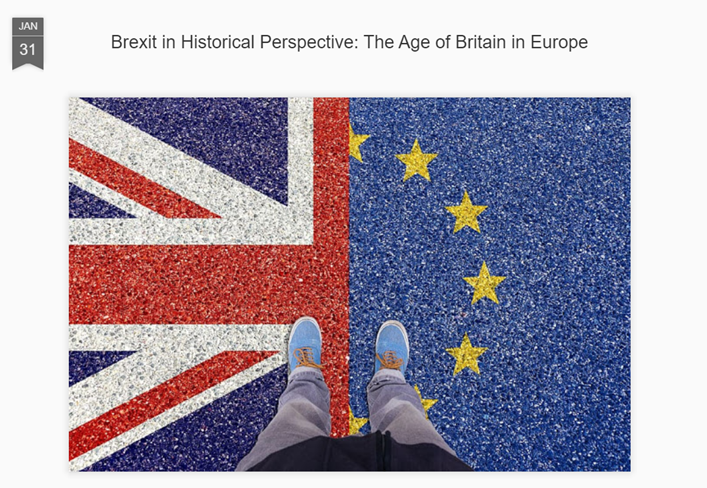
If the UK really is going to tilt from Europe to the Indo-Pacific, that reverses a policy shift made in the 1960s: well before Britain joined the EU. It's not clear Johnson understands why that decision was made, or the implications of reversing it. THREAD theguardian.com/politics/2021/…
2. When Harold Wilson became Prime Minister in 1964, he, like Johnson, wanted to reassert Britain's global role. "Our frontiers", he boasted, "are in the Himalayas". He told the US proudly that he would "rather pull half our troops out of Germany than move any from the Far East".
3. The following years offered a brutal education. Without an empire, Britain could no longer project power on the cheap. With its share of world trade contracting, & demands on domestic spending rising, Britain simply lacked the financial muscle to project force across the globe
4. Within 3 years of the "Himalayas" speech, Wilson had announced Britain's military retreat from its role "East of Suez". In future, he told MPs, the UK would focus on the defence of its own neighbourhood in Europe, "limiting our commitments and outgoings to our true capacities"
5. Johnson has always regarded that decision as a mistake - and he's entitled to make that case. But he has never taken seriously the material constraints that lay behind it, instead blaming "defeatists and retreatists", who simply lacked faith in Britain. gov.uk/government/spe…
6. Johnson's vision of British history is almost entirely psychological. It pays little attention to material forces or anything beyond the power of optimism & positive thinking. So it doesn't take seriously the change in Britain's policy options post-1945 newstatesman.com/politics/uk/20…
7. The Global Britain of the past was not some "plucky", "swashbuckling" little chap, punching above its weight. It was a military & economic titan, with the largest fleet on earth; total dominance of global trade; the world's reserve currency; & the biggest empire in history.
8. In the decades after 1945, all those conditions broke down. That forced postwar govts to make some very difficult strategic choices. We can argue that they made the wrong decisions. But we must not pretend those dilemmas did not exist, or that govts simply lacked "belief".
9. If Johnson truly wants to reverse Britain's withdrawal from "East of Suez", he will need to find new answers to the problems with which policymakers grappled in the 1960s - & to do so at a time when other powers in the region, notably India & China, are very much more powerful
10. How much is he willing to spend on rebuilding a shrunken fleet? Is he willing to divert spending from domestic priorities to police Indo-Pacific sea lanes? Is he happy to sacrifice trade and investment from China? Would he fire back if there's an incident in the S. China Sea?
11. As I argued here, Brexit reopens all the great strategic questions of the postwar era. Perhaps we can find better answers to those dilemmas than previous generations. But that requires us to be serious about the challenges to which they were responding gladstonediaries.blogspot.com/2020/01/brexit… 

12. Postwar Britain received a painful education in the limits of post-imperial power. If we forget those lessons, or reduce geopolitics to an exercise in the power of positive thinking, we won't make serious choices about the future -or maximise our interests in the present. END
• • •
Missing some Tweet in this thread? You can try to
force a refresh






